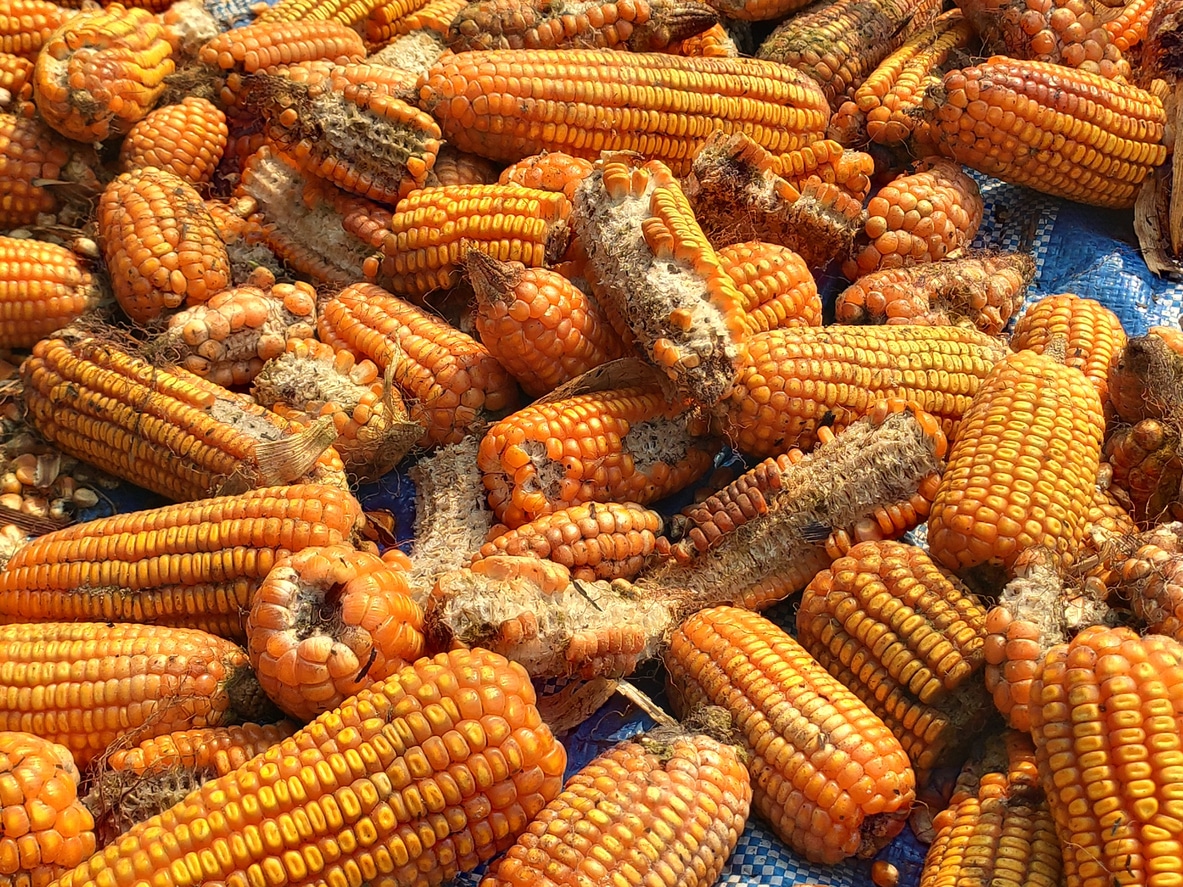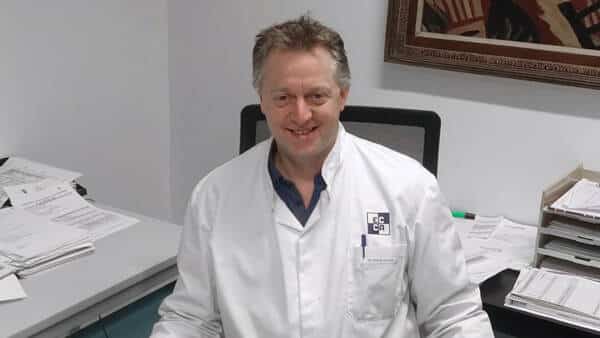Pioneering test to prevent corona
ECCA validated pioneering tests to detect covid
What if … you could prevent corona at the workplace by detecting the virus before it can spread? It is a question that many a manager is worrying about. Well, from now on you will be able to trace the corona virus within your company at an early stage. Laboratorium ECCA has validated a number of new tests: they detect the presence of covid in wastewater, in food and on work surfaces.
Italy and Spain were affected very early on and very hard by the corona crisis. No wonder that these southern European countries paid extra attention to scientific covid research. The analysis of wastewater samples confirmed the presence of the corona virus weeks before the first corona patient was reported. Based on this information, possible new outbreaks can be detected. This allows the competent authorities to take early (precautionary) measures and to prevent a derailment of the corona.
For all managers who want to prevent corona
Since the beginning of the corona crisis, the ECCA Laboratory has contributed to the battle against the virus. Remember our CMDR containers, with which you can disinfect (and reuse) FFP2 and FFP3 mouth masks on a large scale. That is why the ECCA team has spent the last few weeks validating a series of new tests, says Eva Benijts (manager of the ECCA Laboratory): “Of course, the virus spreads most rapidly through direct contact with an infected person. But also … through indirect contact. As a company you are concerned about the health of your employees, customers, visitors and suppliers“.
This is why the new test is relevant for most entrepreneurs: the periodic analysis of products, work surfaces or wastewater immediately reports the possible presence of SARS-CoV-2. “Once detected, you can take measures and carefully anticipate symptoms amongst employees. At the same time, you prevent any contamination of end products through infected workplaces. Thanks to our reliable and rapid analyses, companies can prevent and reduce corona”.
Corona prevention, part one: analysing wastewater
How do these tests work in practice? First of all, the wastewater goes through a filter from which we extract any viruses that may be present. After isolating the RNA from the virus particles, an RT-PCR is performed in which SARS-CoV-2 nucleocapsid (N-) genes are amplified and detected if present. The technical duration of this process is 8 to 10 hours.
Corona prevention, part two: testing of food
When it comes to food, we make a distinction:
- For ‘soft’ (strawberries, raspberries …) or processed (cut, ground …) food, we put 25g of the sample in a buffer to remove the virus from the food.
- If we only analyse the packaging or the outside of specific types of food (peppers, cucumbers, etc.), we take a sample using a so-called swab.
Here, too, an RT-PCR of the isolated RNA gives a definite answer about the presence of SARS-CoV-2. After 8 to 10 hours for soft or processed food, after about 4 hours for swabs.
A successful swab in five steps
In order to analyse the presence of SARS-CoV-2, you will need a swab in certain cases. This is how you take a swab according to the highest standards:
Step 1:
Moisten the sterile swab in a sterile PBS buffer (pH 7.3).
Step 2:
Rub the swab intensively, with light pressure and turning it against the desired surface area of maximum 100 cm2. Move the swab in at least two different directions and prevent it from drying out completely.
Step 3:
Write down the date, time and surface area tested (in cm2) of your sample.
Step 4:
Return the swab to the tube and store it for a maximum of 72 hours at 5°C or -20°C, for a maximum of 6 months (including transport time to the laboratory).
Step 5:
Take the swabs to ECCA Laboratory and receive your analysis results.




